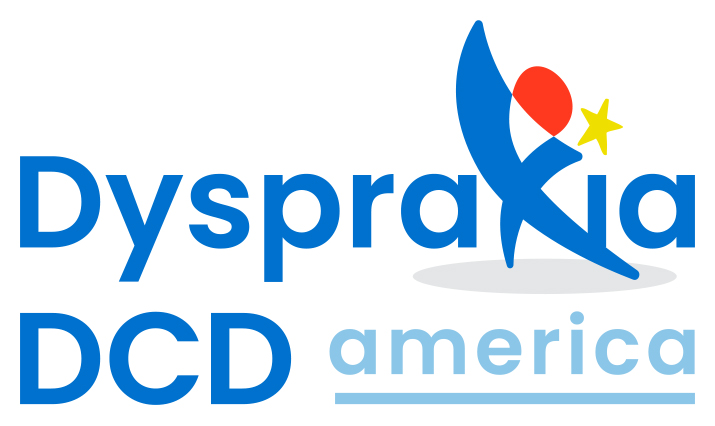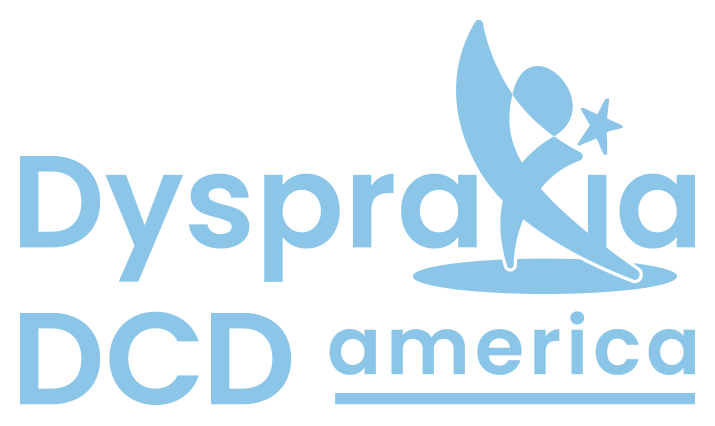There is no established procedure for an adult diagnosis, but the process is similar to the process described for children, except that a pediatrician would not be involved. It’s important to note that any diagnosis of Dyspraxia/DCD should include confirmation of a history of motor difficulties in childhood that have continued into adulthood.
A good place to start is to bring up the possibility of Dyspraxia/DCD to a neurologist or another healthcare professional who specializes in movement disorders (including an OT or PT). Like the diagnosis process for children, it’s important for the diagnosing healthcare professional to exclude any other possible causes of coordination issues.


